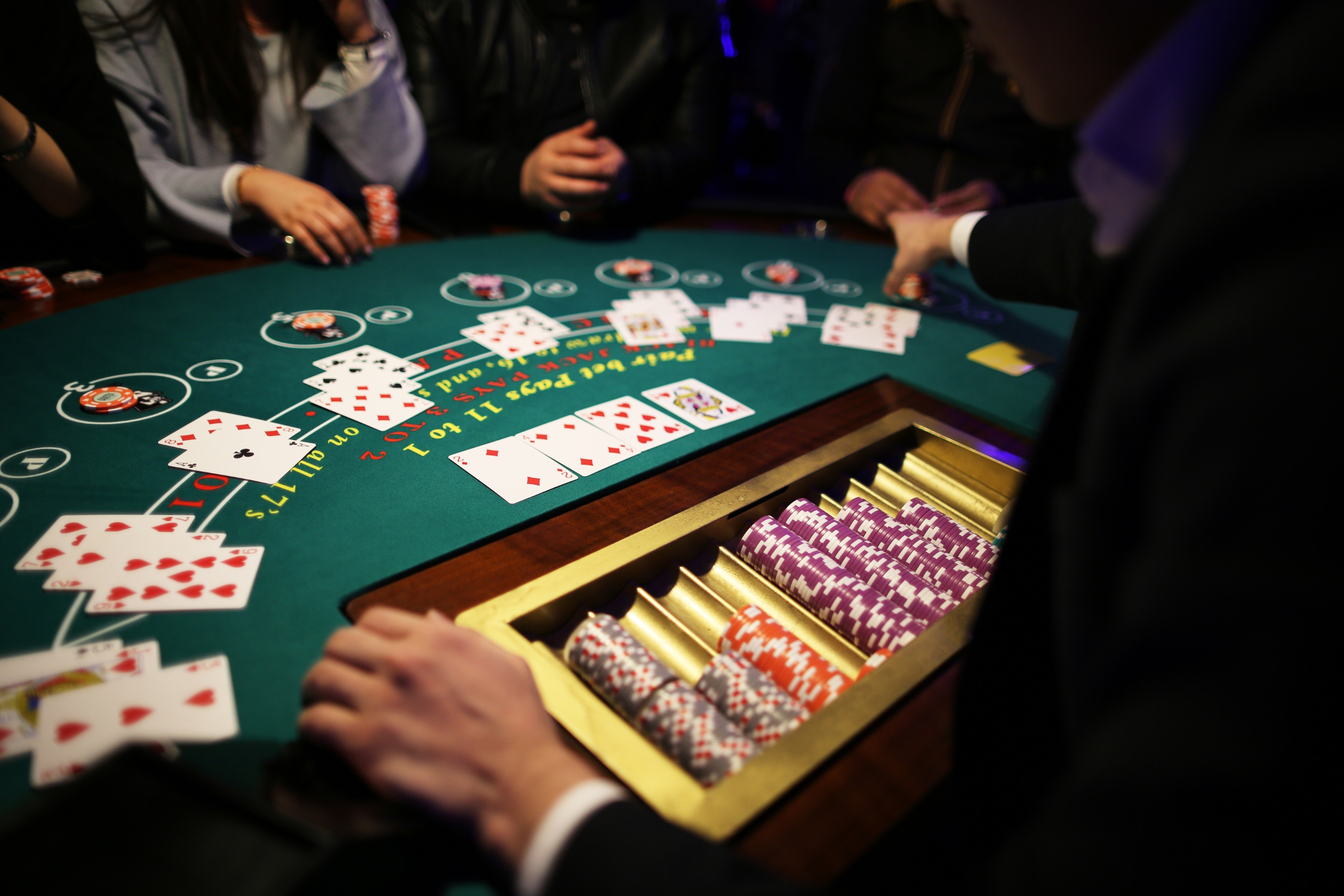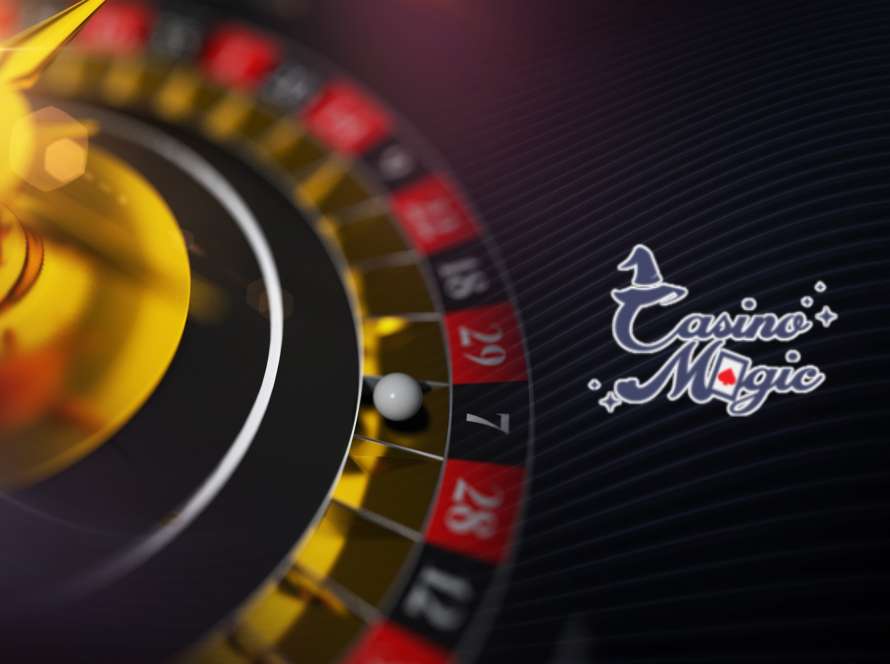Shooting luck in gambling is a term used to describe when a gambler experiences a stroke of good fortune, usually in the form of a winning streak or a particularly lucky outcome. This concept of “shooting luck” encompasses the idea that luck in gambling can come in waves, and when it does, it can greatly influence the outcome of a game or betting session. Whether it’s hitting the jackpot on a slot machine, winning multiple hands in a row at the poker table, or experiencing a lucky streak in sports betting, shooting luck is a coveted occurrence in the world of gambling.
However, it’s important to note that shooting luck is ultimately a result of chance and does not guarantee long-term success in gambling. Understanding the role of shooting luck in gambling can provide insight into the unpredictable nature of games of chance and the thrill that comes with the possibility of a high-stakes win. This phenomenon adds an element of excitement and anticipation to the gambling experience, making it an integral part of the allure of testing one’s luck.
Understanding the Role of Luck in Gambling
Luck plays a significant role in games of chance, such as gambling. While some people attribute their wins or losses to luck alone, others believe that it is a combination of luck and strategy. From a traditional perspective, luck is often seen as a force that cannot be controlled or predicted. This belief leads many gamblers to rely solely on luck, hoping to hit the jackpot or win big without any particular skill or strategy.
On the other hand, some gamblers understand luck as a factor that can be influenced to some extent. They believe in the importance of strategic decision-making, such as knowing when to bet, when to fold, and when to take calculated risks. These individuals acknowledge that luck plays a role in the outcome of a game, but they also recognize the value of strategy in increasing their chances of winning.
Overall, the concept of luck in gambling is perceived differently by various individuals. While some see it as a random and uncontrollable force, others view it as a factor that can be influenced through strategic thinking and decision-making. Understanding the role of luck in gambling can help gamblers approach their game with a balanced mindset, appreciating the element of chance while also making informed choices.
The Psychology of Luck
Humans are fascinated by luck due to its mysterious and unpredictable nature. The idea that luck can have a significant impact on our lives and outcomes is both intriguing and compelling. We are drawn to the concept of luck because it offers a sense of hope and possibility, allowing us to believe that good fortune can unexpectedly come our way.
In gambling, luck plays a critical role in decision-making. Despite the presence of skill and strategy, the element of luck can heavily influence the outcomes of games. This can lead to both excitement and frustration for gamblers, as they are aware that their decisions may ultimately be overridden by luck. The unpredictable nature of luck contributes to the thrill of gambling, as players are constantly seeking that lucky break or winning streak.
The psychology of luck in gambling also leads to irrational thinking and behavior, as individuals may attribute their successes or failures solely to luck rather than their own actions. This can result in overconfidence or excessive risk-taking, as well as feelings of superstition and the belief in lucky charms or rituals.
Overall, the fascination with luck in gambling highlights the complex and sometimes irrational ways in which humans perceive and respond to the role of luck in decision-making and outcomes.
Strategies for Maximizing Luck
To maximize luck when gambling, it is important to understand the odds and probabilities of the games you are playing. Knowing the likelihood of a certain outcome can help you make better decisions and increase your chances of winning. By studying the odds, you can identify which bets are more favorable and which ones to avoid.
Additionally, managing your bankroll effectively is crucial for long-term success. Setting a budget and sticking to it can help you avoid significant losses and ensure that you have enough funds to continue playing. It is also important to avoid chasing losses by betting more than you can afford in an attempt to recoup previous losses. Practicing good bankroll management can help you sustain your gambling activities over time and increase your overall chances of success.
Game Selection: Finding Your Lucky Niche
When it comes to exploring casino games and their reliance on luck, it’s important to consider your personal interests and preferences. Some casino games, such as slots and roulette, heavily rely on luck, while others, like poker and blackjack, involve a mix of skill and chance.
If you have a particular interest in a certain theme or topic, you may want to seek out themed casino games that resonate with your personal preferences. For example, if you’re a fan of ancient Egypt, you might enjoy playing slot games that feature pyramids, pharaohs, and hieroglyphics. Or if you’re a sports enthusiast, you might lean towards sports-themed slot or card games.
By identifying thematic games that align with your interests, you can enhance your overall casino experience and potentially increase your enjoyment of the games. Whether it’s the excitement of spinning the reels on a slot machine or the strategy involved in a themed card game, finding your lucky niche within the world of casino games can add an extra layer of fun to your gaming experience.
Unraveling the Mystery of Slot Machines: Randomness or Pattern?
Slot machines rely heavily on RNGs to generate random numbers that determine the outcome of each spin. These RNGs ensure that each spin is independent of the previous one, making it impossible to predict the next result. This randomness is what makes slot machines entertaining and unpredictable.
Despite the randomness, some players believe in patterns and strategies to increase their luck in slots. From a psychological perspective, players may find comfort in believing that there are patterns or strategies to win, even though the outcome is ultimately determined by chance.
When it comes to the mathematics behind slot machine payouts and odds, it’s essential to understand that the games are designed to give the house an edge. The odds are carefully calculated to ensure that over time, the casino will always come out on top. Payout percentages are also determined by these odds, so while there may be occasional big wins, the overall outcome will still favor the casino.
The Role of Serendipity in Gambling
Serendipity plays a significant role in gambling outcomes as it involves recognizing and seizing unexpected opportunities. In the context of gambling, serendipity can lead to unexpected wins, fortunate turns of events, and advantageous opportunities that may not have been initially anticipated. Whether it is stumbling upon a winning hand in poker, hitting the jackpot on a slot machine, or making an unplanned but successful bet, serendipity can greatly influence the outcome of a gambling experience.
The concept of serendipity in gambling highlights the element of chance and luck that is inherent in the activity. It underscores the idea that sometimes, favorable outcomes in gambling can occur unexpectedly and without prior planning. This can create a sense of excitement and unpredictability, adding to the thrill of the gambling experience.
While gambling inherently involves risk, the element of serendipity introduces an additional layer of uncertain but potentially advantageous possibilities. It reminds us that in the world of gambling, unexpected opportunities can arise, and being open to and recognizing these moments can impact the overall outcome of the game. Embracing the concept of serendipity in gambling can lead to surprising and rewarding experiences, further adding to the allure of the activity.
Balancing Strategy and Luck: Finding the Sweet Spot
Finding the sweet spot between strategy and luck is crucial for optimal results in gambling. Knowing when to rely on luck and when to rely on strategy can make all the difference.
Strategic planning is important in games like poker, blackjack, or sports betting. Understanding the odds, analyzing the situation, and making calculated decisions can increase the chances of winning. However, it’s essential to recognize that in gambling, luck will always play a role. No matter how well-thought-out a strategy is, there will always be an element of chance involved.
Adaptability is also key in finding the sweet spot. Being able to adjust your strategy based on the flow of the game, the behavior of other players, or the odds can give you an edge. It’s important to be flexible and open to changing tactics when necessary.
Ultimately, finding the balance between strategy and luck requires a combination of skill, intuition, and a bit of risk-taking. Understanding when to rely on strategy and when to embrace luck, and being adaptable in your approach, can lead to optimal results in gambling.
The Role of Superstitions and Rituals in Gambling
Superstitions and rituals have long been a part of gambling culture, with players often relying on these beliefs to enhance their luck. Common superstitions in gambling include carrying lucky charms, performing specific rituals before a game, and avoiding certain actions that are perceived as unlucky. These rituals are believed to bring good luck and ward off bad luck, creating a sense of control in a game that is largely based on chance.
Psychologically, these superstitions can have a strong effect on luck perception. Believing in a lucky charm or ritual can create a sense of confidence and positivity, which in turn can affect a player’s behavior and decision-making during a game. This can lead to a self-fulfilling prophecy, where the player’s enhanced confidence actually increases their chances of winning.
To enhance luck in gambling, players can use superstitions and rituals as a form of psychological support. By embracing a lucky charm or performing a ritual, players can create a sense of control and positivity, which can in turn improve their luck perception and potentially enhance their performance in the game. However, it’s important to remember that gambling ultimately relies on chance, and these superstitions and rituals should be seen as psychological aids rather than actual game-changing strategies.
The Impact of Emotional State on Luck
Emotions play a significant role in the realm of gambling and luck. Positive emotions, such as excitement and confidence, have been found to influence luck in gambling. When individuals are in a positive emotional state, they tend to make better decisions, exhibit more perseverance, and have an increased belief in their own abilities, which can lead to improved luck.
Conversely, negative emotions, such as anxiety, fear, and frustration, can have detrimental effects on luck in gambling. These emotions can cloud judgment, lead to impulsive decision-making, and ultimately result in poor outcomes. Therefore, it is crucial for individuals to manage their negative emotions effectively in order to avoid any adverse impact on their luck.
Understanding the connection between positive emotions and luck, as well as managing negative emotions, is essential for those engaged in gambling. By recognizing the influence of emotions on luck, individuals can strive to maintain a positive emotional state and minimize the impact of negative emotions, thus optimizing their chances of success in gambling. Overall, emotions clearly have a significant impact on luck in gambling, and it is important for individuals to be mindful of their emotional state when participating in such activities.
The Role of Skill in Gambling: Where Luck Meets Strategy
The role of skill in gambling is an intriguing balance against luck and chance. While luck plays a significant role in most gambling activities, developing and improving skills can increase the chances of winning in many games.
To improve skills in gambling, it’s essential to first understand the rules and strategies of the game. Practicing regularly and seeking out opportunities to learn from experienced players can also enhance one’s skills. Additionally, understanding the odds and probabilities involved in different games can aid in making informed decisions.
While skill can certainly improve a player’s chances of winning, it’s important to recognize when luck overshadows skill. Some games, such as slot machines or roulette, are heavily reliant on luck, making it crucial to adjust strategies accordingly. In these situations, a player may need to manage their expectations and accept that luck will play a larger role in the outcome.
Ultimately, finding the right balance between skill and luck in gambling involves understanding the game, improving skills, and adapting strategies based on the level of luck involved. By doing so, players can maximize their chances of success when engaging in different gambling activities.

Conclusion
In conclusion, luck in gambling can be influenced by a variety of factors, including superstitions and rituals, emotional state, and skill level. While superstitions and rituals can create a sense of control and positivity, they should not be relied upon as actual game-changing strategies. Emotions play a significant role in luck, with positive emotions enhancing performance and negative emotions hindering it. Managing one’s emotional state is crucial for optimizing luck in gambling. Additionally, developing and improving skills can increase the chances of winning in many games, although it’s important to recognize when luck overshadows skill.



